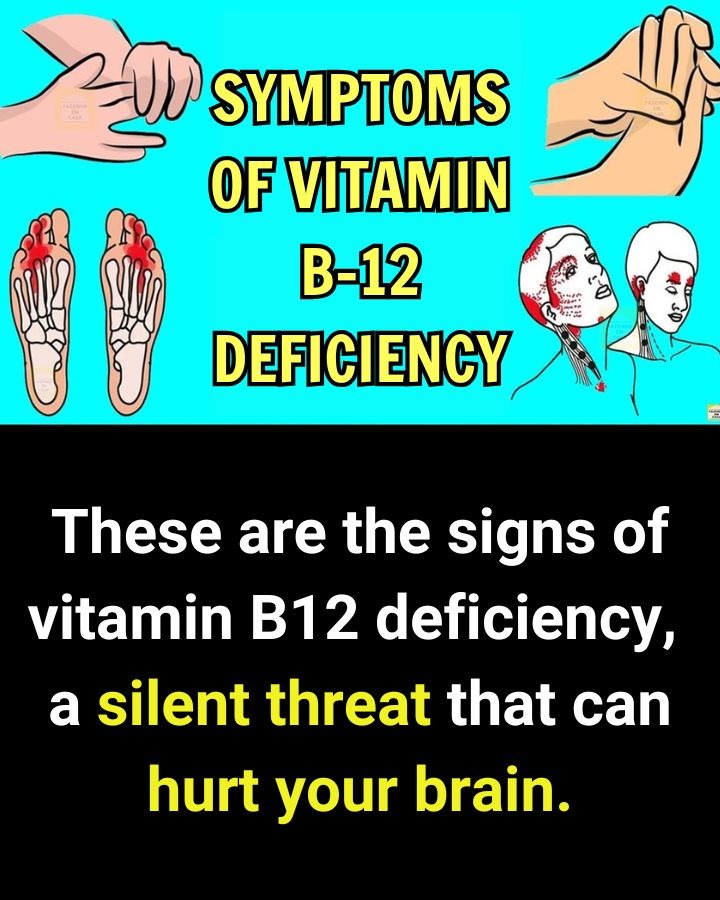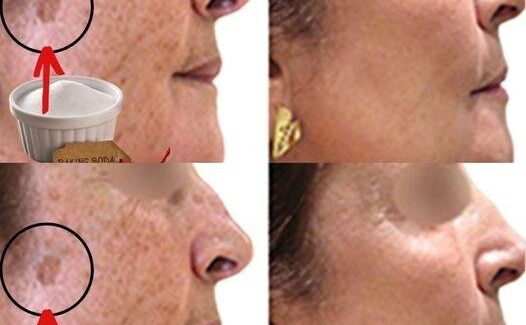
5. Memory Loss and Cognitive Difficulties
Memory lapses, difficulty concentrating, or confusion may signal a lack of B12, especially in older adults.
Why it happens: B12 deficiency causes neurological changes that affect brain function.
6. Glossitis and Mouth Ulcers
Inflammation of the tongue (glossitis), making it swollen, red, and painful, along with mouth ulcers, are common oral symptoms.
Why it happens: B12 deficiency affects rapidly dividing cells, like those in the mouth lining.
7. Breathlessness and Dizziness
When your body can’t produce enough healthy red blood cells, you may experience shortness of breath and dizziness, especially during physical activity.
Why it happens: Lower oxygen delivery leads to symptoms similar to anemia.
8. Mood Changes and Depression
Vitamin B12 plays a role in synthesizing brain chemicals that regulate mood. Deficiency can contribute to mood swings, irritability, and depression.
Why it happens: Disrupted neurotransmitter production affects emotional health.
9. Vision Problems
In severe cases, B12 deficiency can damage the optic nerve, causing vision disturbances or loss.
Why it happens: Nerve damage extends to the optic nerve, impairing vision.
How to Identify and Manage Vitamin B12 Deficiency: Step-by-Step
Step 1: Recognize Early Symptoms
If you experience any combination of the symptoms above, especially fatigue, tingling in hands/feet, or memory problems, take note and consider vitamin B12 deficiency as a possibility.
Step 2: Consult a Healthcare Professional
Visit your doctor to discuss your symptoms. They may order blood tests such as:
- Serum vitamin B12 levels: Direct measurement of B12 in your blood.
- Complete blood count (CBC): To check for anemia.
- Methylmalonic acid (MMA) and homocysteine levels: Elevated levels can indicate B12 deficiency even when serum B12 is borderline.
Step 3: Identify Underlying Causes
Common causes include:
- Poor dietary intake (vegetarian/vegan diets)
- Malabsorption conditions (e.g., pernicious anemia, celiac disease)
- Certain medications
- Age-related decreased absorption
Your doctor will help determine the root cause.
Step 4: Begin Treatment
Depending on severity, treatment may include:
- Oral B12 supplements: For mild cases.
- Vitamin B12 injections: For severe deficiency or absorption problems.
- Dietary changes: Include more B12-rich foods such as meat, fish, dairy, and fortified cereals.
Step 5: Monitor and Follow-Up
Regular follow-up blood tests will track your B12 levels and symptom improvement. Continued supplementation or treatment may be necessary.
Final Thoughts
Vitamin B12 deficiency can silently cause a range of physical, neurological, and psychological problems. Early recognition of the 9 key symptoms and prompt medical action are essential to restore health and prevent long-term complications.
If you notice any warning signs, especially persistent fatigue, numbness, or memory issues, don’t hesitate to seek professional advice. Proper diagnosis, treatment, and lifestyle adjustments will help you regain your energy, protect your nerves, and improve overall wellbeing.
Would you like me to also provide a list of vitamin B12-rich foods or more detailed treatment options?









